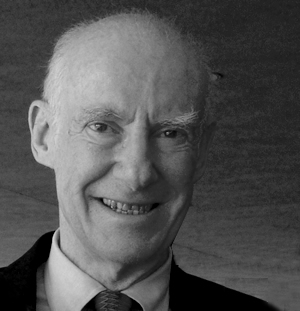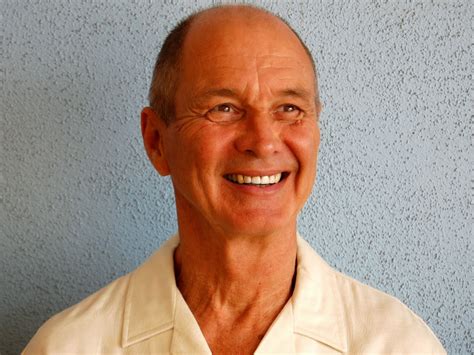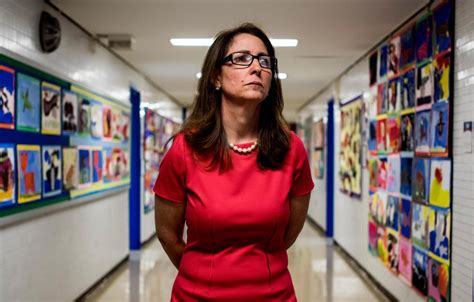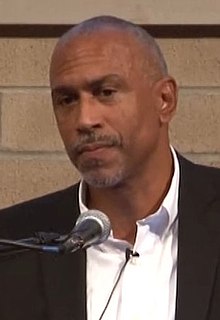A Quote by Seymour Sarason
There's an assumption that schools are for students' learning. Well, why aren't they just as much for teachers' learning?
Quote Topics
Related Quotes
Differentiated Instruction is a teaching philosophy based on the premise that teachers should adapt instruction to student differences. Rather than marching students through the curriculum lockstep, teachers should modify their instruction to meet students' varying readiness levels, learning preferences, and interests. Therefore, the teacher proactively plans a variety of ways to 'get it' and express learning.
Supposing I said there was a planet without schools or teachers, where study was unknown, and yet the inhabitants -- doing nothing but live and walk about -- came to know all things, to carry in their minds the whole of learning; would you not think I was romancing? Well, just this, which seems so fanciful as to be nothing but the invention of a fertile imagination, is a reality. It is the child's way of learning.
What is wrong with encouraging students to put "how well they're doing" ahead of "what they're doing." An impressive and growing body of research suggests that this emphasis (1) undermines students' interest in learning, (2) makes failure seem overwhelming, (3) leads students to avoid challenging themselves, (4) reduces the quality of learning, and (5) invites students to think about how smart they are instead of how hard they tried.
Public education for some time has been heavily focused on what curricula we believe will be helpful to students. Life-Enriching Education is based on the premise that the relationship between teachers and students, the relationships of students with one another, and the relationships of students to what they are learning are equally important in preparing students for the future.
Learning should be engaging. Testing should not be the be all and end all. All students should have a broad curriculum that includes the arts and enrichment. Students should have opportunities to work in teams and engage in project-based learning. And student and family well-being should be front and center.
Teachers, who are really good create that environment where you can be very satisfied by the process of learning. If you do something and you find it a very satisfying experience then you want to do more of it. The great teachers somehow convey in their very attitude and their words and their actions and everything they do that this is an important thing you're learning. You end up wanting to do more of it and more of it and more of it. That's a real talent some people have to convey the importance of that and to reflect it back to the students.
Will robot teachers replace human teachers? No, but they can complement them. Moreover, the could be sufficient in situations where there is no alternative––to enable learning while traveling, or while in remote locations, or when one wishes to study a topic for which there is not easy access to teachers. Robot teachers will help make lifelong learning a practicality. They can make it possible to learn no matter where one is in the world, no matter the time of day. Learning should take place when it is needed, when the learner is interested, not according to some arbitrary, fixed schedule
We know that African American students tend to be relational learners. It's about the relationships between a teacher and student. Students respond well to teachers they know, believe in them, care about them, but also who teach in a matter that elicits a more active approach to learning, rather than just sitting and listening. The research on this is strong and has been available for a long time, but it is not widely practiced. That's a huge obstacle.


































